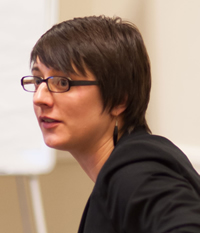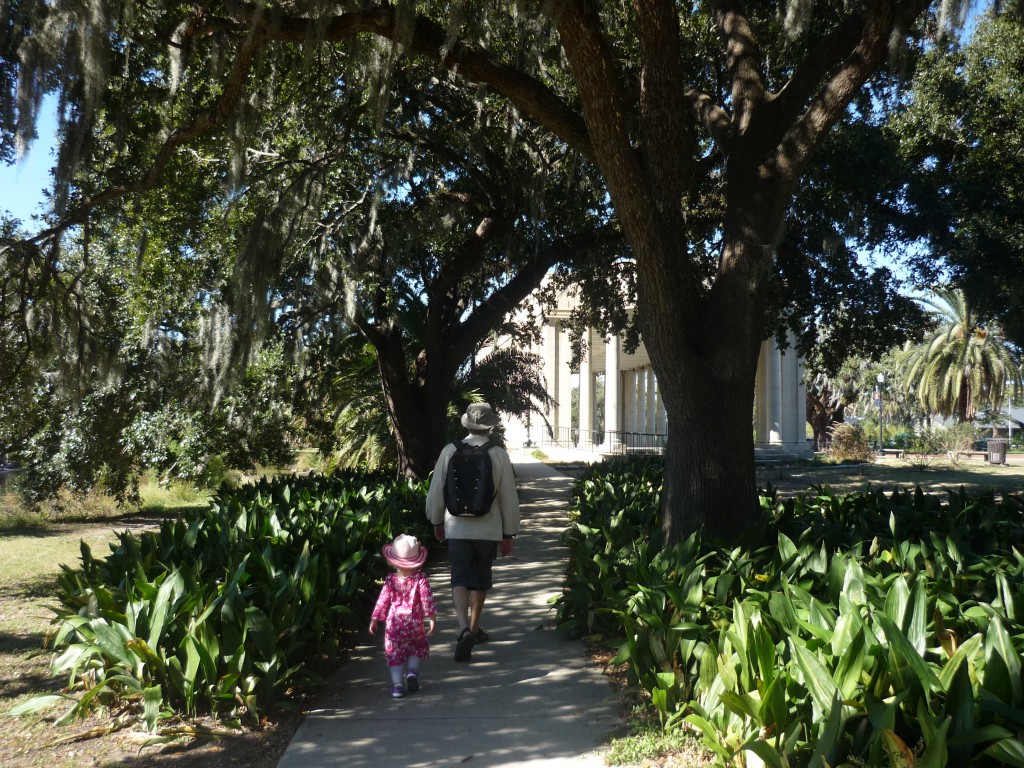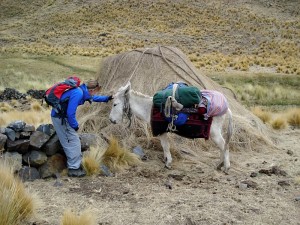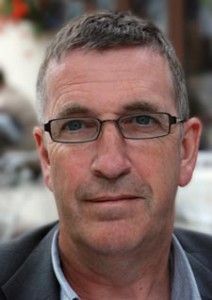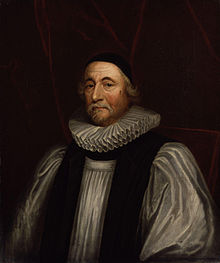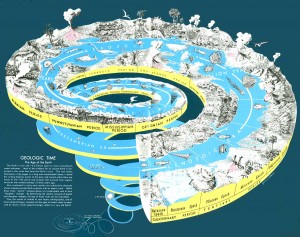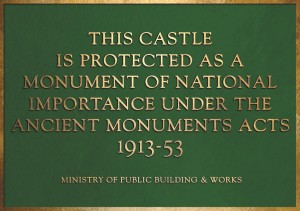Dr Andrea Rehling
Leibniz-Institute of European History (IEG) Mainz
Project: Knowledge of the World – Heritage of Mankind: The History of UNESCO World Heritage
http://www.ieg-unesco.eu
In March 2013, the travel agent Hurlingham Travel in London unveiled the “most expensive and craziest” package holiday ever. The holiday is nearly two years in duration, costs around 1.2 million euros for two people, and includes visits to all of the then 981 UNESCO World Heritage sites in 160 states around the world. As its focus is on architectural remains and monuments, it has the character of a visit to an open air museum. To this extent, the journey offered also includes a kind of time travel that follows one specific narrative of time and history. The World Heritage list features the remnants of a cultural and natural history canonized by UNESCO and its advisory organizations This canon is based on a scientific concept of time which has emerged since the 1960s. It replaced the idea of the arrow of time, which was the temporal concept upon which the idea of linear successive stages of development had been based. The latter was replaced by a broader, pluralized, but nevertheless scientific, synchronized and naturalized understanding of time.
This canon is based on a scientific concept of time which has emerged since the 1960s. It replaced the idea of the arrow of time, which was the temporal concept upon which the idea of linear successive stages of development had been based. The latter was replaced by a broader, pluralized, but nevertheless scientific, synchronized and naturalized understanding of time.


